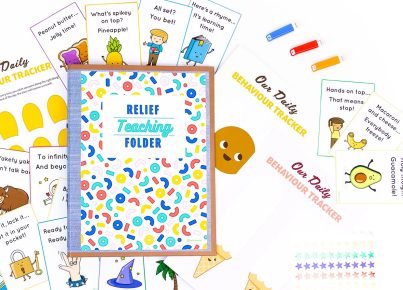Introduction:
As schools worldwide continue to grapple with the ongoing pandemic, teachers face unique challenges adapting to new technologies and remote learning. Perhaps one of the most daunting challenges during these unprecedented times is mentoring a student teacher. This article explores strategies and tips to help experienced teachers effectively guide student teachers during the pandemic.
1. Communication is Key
One of the most critical aspects of mentoring is communication. Establish a consistent schedule for virtual meetings and check-ins to discuss lesson planning, provide feedback, and address concerns that may arise. Utilize video conferencing tools like Zoom or Google Meet for face-to-face interaction, or engage in regular email exchanges to maintain open lines of communication.
2. Adapt Lesson Plans
Help your student teacher understand how to modify lesson plans for remote learning environments. Encourage them to integrate interactive components, such as live polls or quizzes, to engage students during online lessons actively. Additionally, inform them about the use of digital tools designed explicitly for teaching within a virtual classroom.
3. Provide Constructive Feedback
Just like in a traditional classroom environment, it is essential to provide your student teacher with constructive feedback on their teaching techniques, lesson plan delivery, and classroom management skills. Make use of recorded lessons or live observations through video conferencing tools to evaluate their progress.
4. Foster Collaboration
Encourage your student teacher to collaborate with other educators in your school or district as part of their professional development experience during the pandemic. Connecting with colleagues can help exchange ideas and practices optimized for online teaching.
5. Establish a Strong Support System
Mentoring involves offering emotional support during times of uncertainty and stress. As a mentor, create a positive and supportive environment for your student teacher through regular expressions of empathy and understanding. Allow space for them to share their concerns about online teaching methods.
6. Ensure Attention to Self-Care
Remind your student teacher about the importance of self-care, a vital aspect of maintaining mental and emotional wellbeing during this challenging era. Encourage them to seek balance in their professional and personal obligations and to prioritize their health.
7. Emphasize Flexibility
If there is one thing the pandemic has taught us, it is that the ability to adapt and adjust is crucial. Communicate to your student teacher how essential flexibility and resilience are in navigating unprecedented circumstances. Instill an attitude of embracing challenges and adapting accordingly in their teaching practice.
Conclusion
Although mentoring a student teacher amid a pandemic may seem like an impossible task, adapting to new technologies and implementing innovative approaches can make it manageable and rewarding. By leveraging these strategies, experienced teachers can help develop highly effective educators for generations to come.





